There’s a new option for those in need of legal services in Washington State in the area of family law. The newly created Limited License Legal Technician (LLLT or “triple-L T”) role was designed to address the need for legal assistance for those who cannot afford a lawyer. Washington is the first state in the country to offer this level of legal expertise, expanding access to legal assistance for our state’s citizens and making help more attainable.
LLLTs are trained and licensed to offer legal advice and assistance in family law matters, including divorce, child support, paternity, minor parenting plan modifications, and other trying family law issues that leave many people mentally, emotionally, and financially exhausted. LLLTs are frequently compared to a nurse practitioner in the medical field. A nurse practitioner can provide many valuable treatments that a registered or licensed practical nurse cannot – and that would be more expensive when rendered by a doctor. Likewise, a Limited License Legal Technician is an option for those who need legal help that a paralegal is not permitted to provide, and at a lower cost than retaining a lawyer.
A LLLT cannot represent a client in the courtroom or negotiate on a client’s behalf. They can, however, help clients understand their legal options, explain the relevancy of facts, educate them on the legal process and applicable procedures, perform legal research, select and complete legal forms, and review and explain paperwork that is oftentimes voluminous and confusing.
Having taken the lead nationally on the issue of increasing access to legal services to a broader cross-section of the public, Washington State is proud to have become the home of this pioneering new frontier in legal representation. It is an opportunity for Washington to provide a shining example by making justice a more accessible commodity. To learn more on the topic, please see What is a Legal Technician?
We would like to take this opportunity to congratulate Jen Petersen, of Shepherd and Abbott, for becoming the first LLLT in Whatcom County and the fourth LLLT to be licensed in Washington State. We’re so proud of your accomplishment.
Well done, Jen!

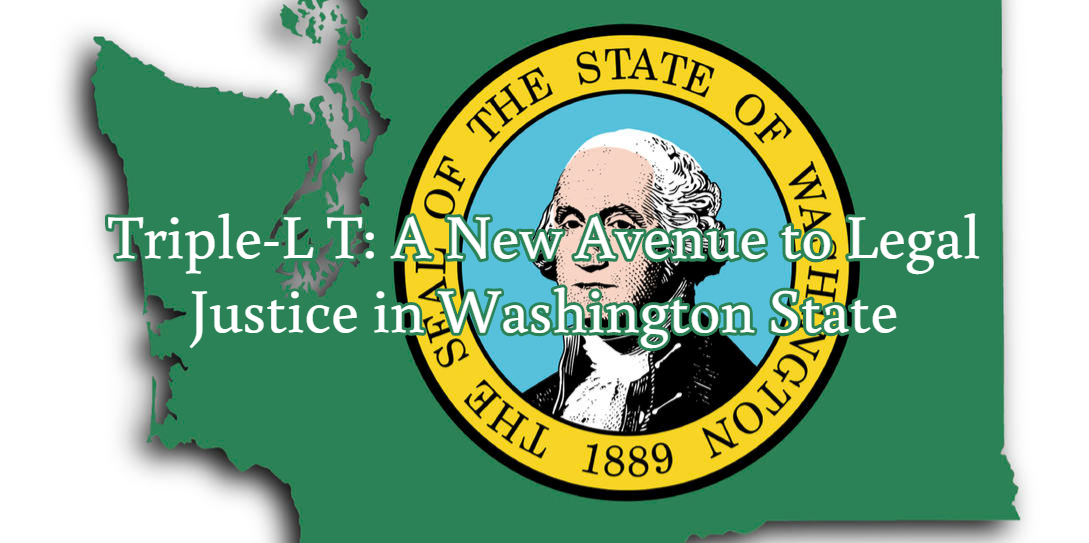

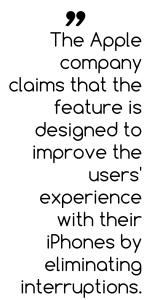 Just last week on the 23rd of October, a class action lawsuit was filed in a California federal court against the Apple computer corporation. In the case entitled, Phillips v. Apple Inc., the plaintiffs claim that Apple failed to do its due diligence in advising their customers that the i0S9 contains a feature by default which is called “Wi-Fi Assist,” and that this feature will automatically and without warning cause the devices to switch over to consuming mobile data.
Just last week on the 23rd of October, a class action lawsuit was filed in a California federal court against the Apple computer corporation. In the case entitled, Phillips v. Apple Inc., the plaintiffs claim that Apple failed to do its due diligence in advising their customers that the i0S9 contains a feature by default which is called “Wi-Fi Assist,” and that this feature will automatically and without warning cause the devices to switch over to consuming mobile data.
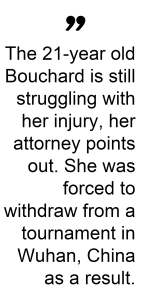 The Incident
The Incident
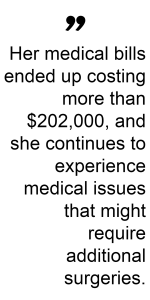 Most of the $3 million settlement was covered by Manhattan Beach’s risk management group policy, while the city itself paid $500,000 toward these costs. Following Goodbody’s injuries, the city took steps to limit the risk of further incidents, such as covering flying golf disc baskets during busy times at the park or when special events took place. However, a second incident occurred in 2013 when a 6-year-old boy was hit in the head by a flying golf disc, leading to life-threatening brain injuries and another lawsuit filed against the city. In 2014, City Council officials decided to close down the flying golf disc course for an indefinite period of time.
Most of the $3 million settlement was covered by Manhattan Beach’s risk management group policy, while the city itself paid $500,000 toward these costs. Following Goodbody’s injuries, the city took steps to limit the risk of further incidents, such as covering flying golf disc baskets during busy times at the park or when special events took place. However, a second incident occurred in 2013 when a 6-year-old boy was hit in the head by a flying golf disc, leading to life-threatening brain injuries and another lawsuit filed against the city. In 2014, City Council officials decided to close down the flying golf disc course for an indefinite period of time.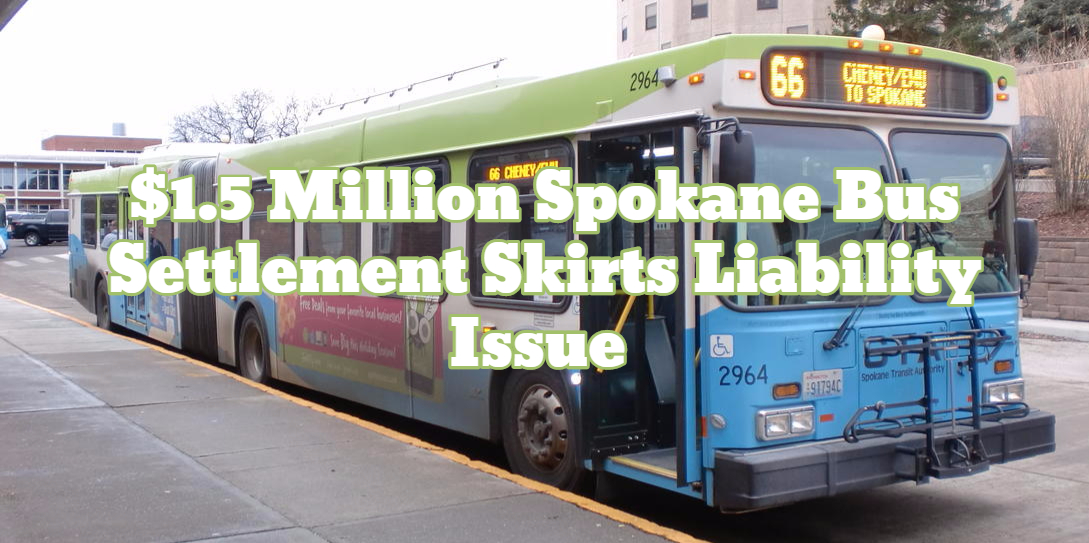
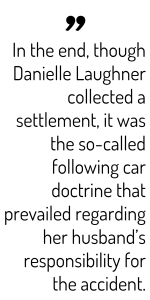 The accident occurred on March 4, 2011. The bus driver stopped in the right lane of four-lane U.S. Highway 2 rather than on the nine-foot shoulder next to a bus stop. He said he sought to avoid merging back into traffic and that the bus flashers were on.
The accident occurred on March 4, 2011. The bus driver stopped in the right lane of four-lane U.S. Highway 2 rather than on the nine-foot shoulder next to a bus stop. He said he sought to avoid merging back into traffic and that the bus flashers were on.


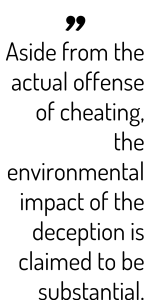

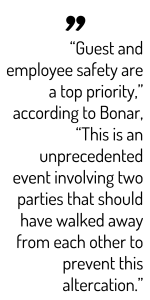 According to documents filed with the court, the plaintiffs, Brent Anderson, his wife Laura, and their adult son, Thadius Grzeskiewicz, were allegedly attacked after exiting the tram at the top of Hidden Peak following a verbal conflict with the defendants during the ascent.
According to documents filed with the court, the plaintiffs, Brent Anderson, his wife Laura, and their adult son, Thadius Grzeskiewicz, were allegedly attacked after exiting the tram at the top of Hidden Peak following a verbal conflict with the defendants during the ascent.
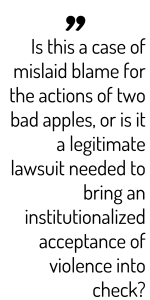 While attending a
While attending a 
 The Accident
The Accident